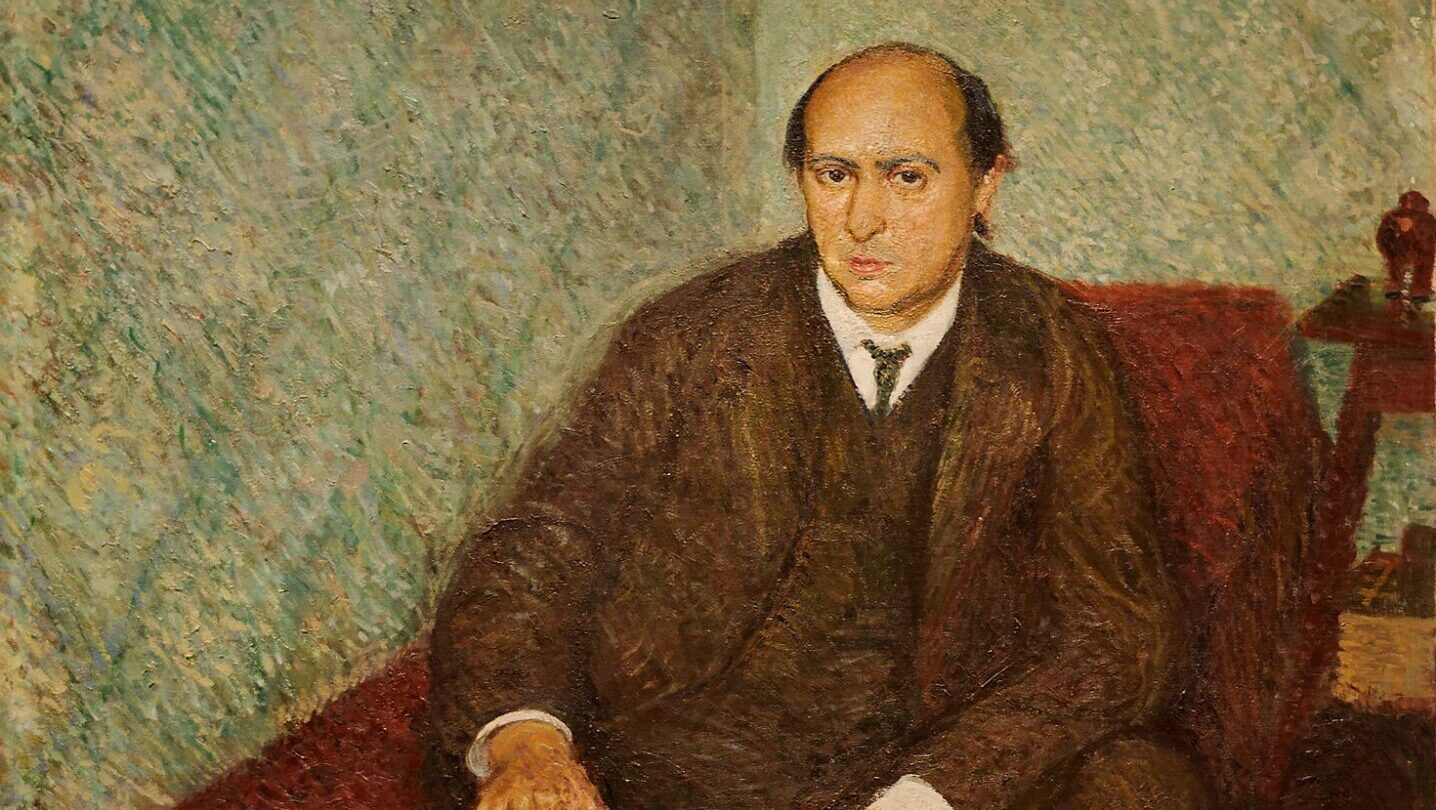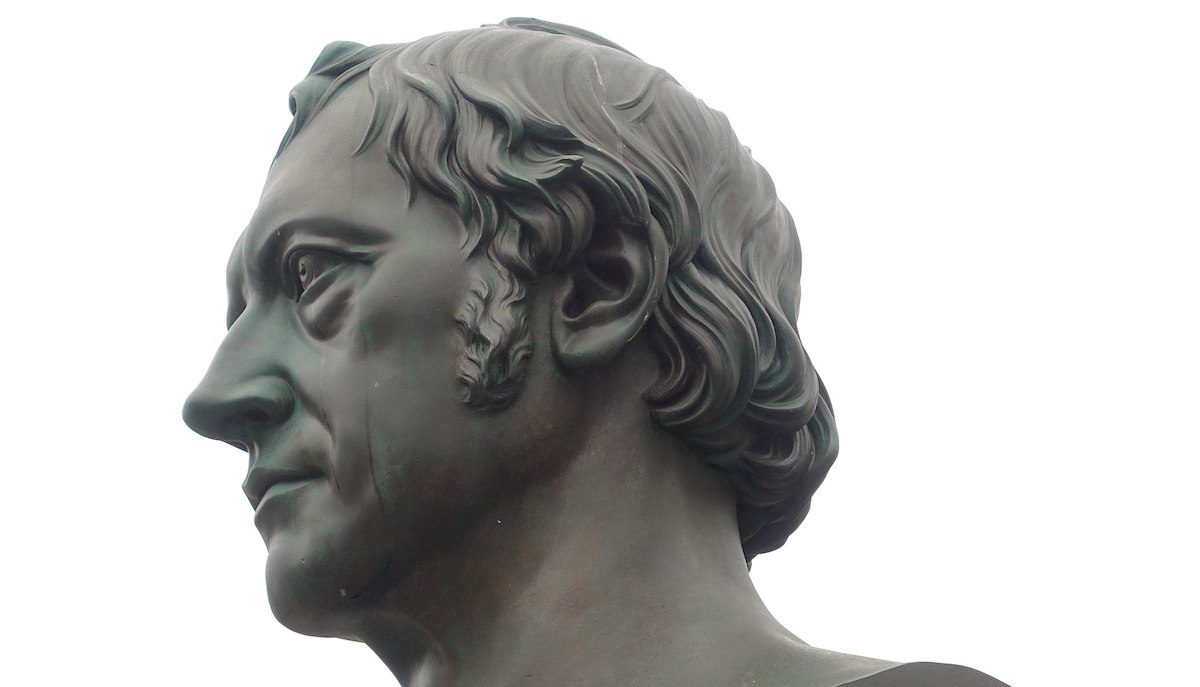
Arnold Schönberg (1874-1951): Conservative and Radical
“He is the true conservative: he even created a revolution in order to be a reactionary.”

“He is the true conservative: he even created a revolution in order to be a reactionary.”

The woke style is a mawkish tribute to an imagined future in which ugliness and mediocrity slouch supreme.

Rivera deliberately chose the moment of creation as a subject matter, recognizing its revolutionary potential.

Against the endless liberation of the individual and the atomization of society, conservatives must uphold a concept of man as part of society with a shared identity and a shared ethos.

The revolutionary afterlife of Hegel’s political thought is proof of the power of a philosophical system, once seized by less cautious hands, to outpace its original creator.

Without the safeguards of law, freedom would be no blessing. Our societies would be Hobbesian in the true sense: liberty would give way to nightmarish anarchy.

Every revolution begins with just one man. So does every counter-revolution. All of our many foes have taken that lesson to heart. We have not. And unless we demand total victory, as they do, all we’ll get is more lumps.

“I think conspiracy theories are proliferating because we can all feel the ground shifting under our feet but have no easy way to understand and make sense of that feeling of chaos.”—N.S. Lyons

Fictional rebellions invite us to side with the underdog. The story conveniently ends with their victory, but leaves no ruined lives and no unhealable scars—nothing to contradict the idea of a newly found paradise.

I do not like revolutions in any case, but I especially dislike the proposals of the Davos Jacobins.
To submit a pitch for consideration:
submissions@
For subscription inquiries:
subscriptions@